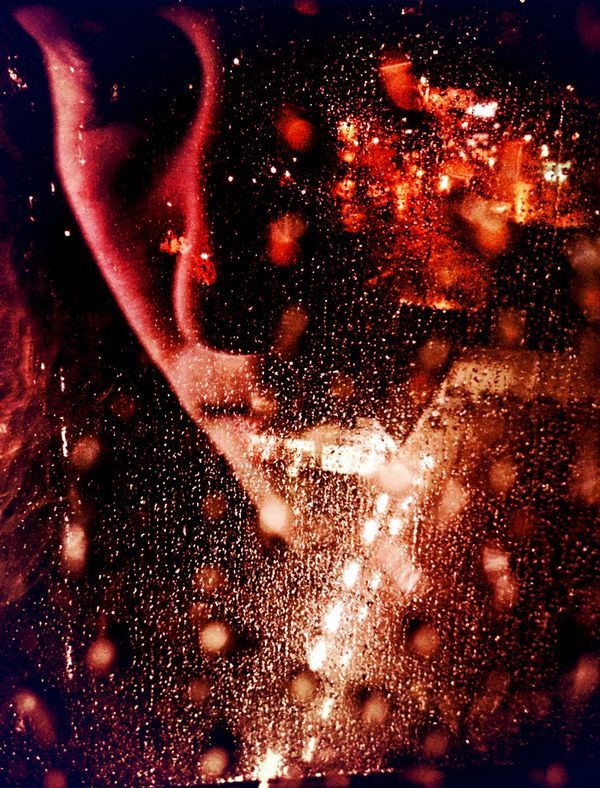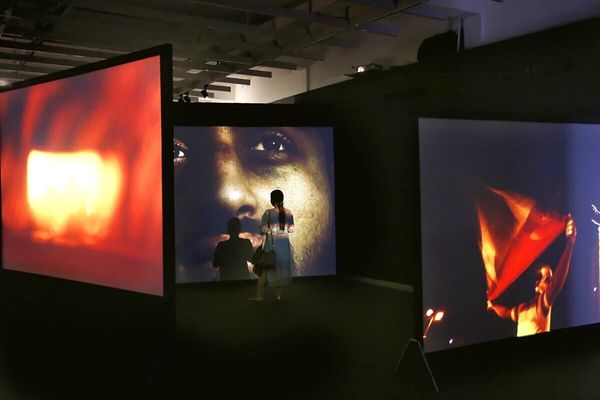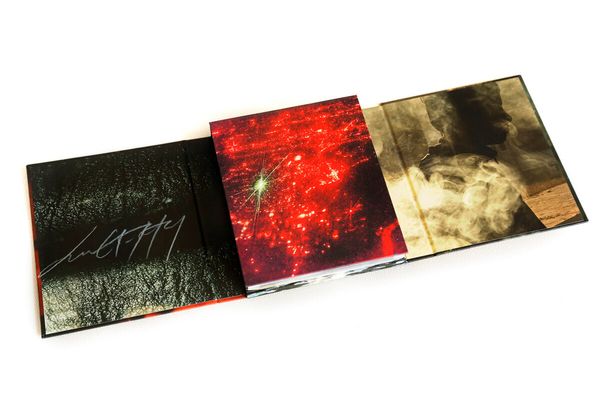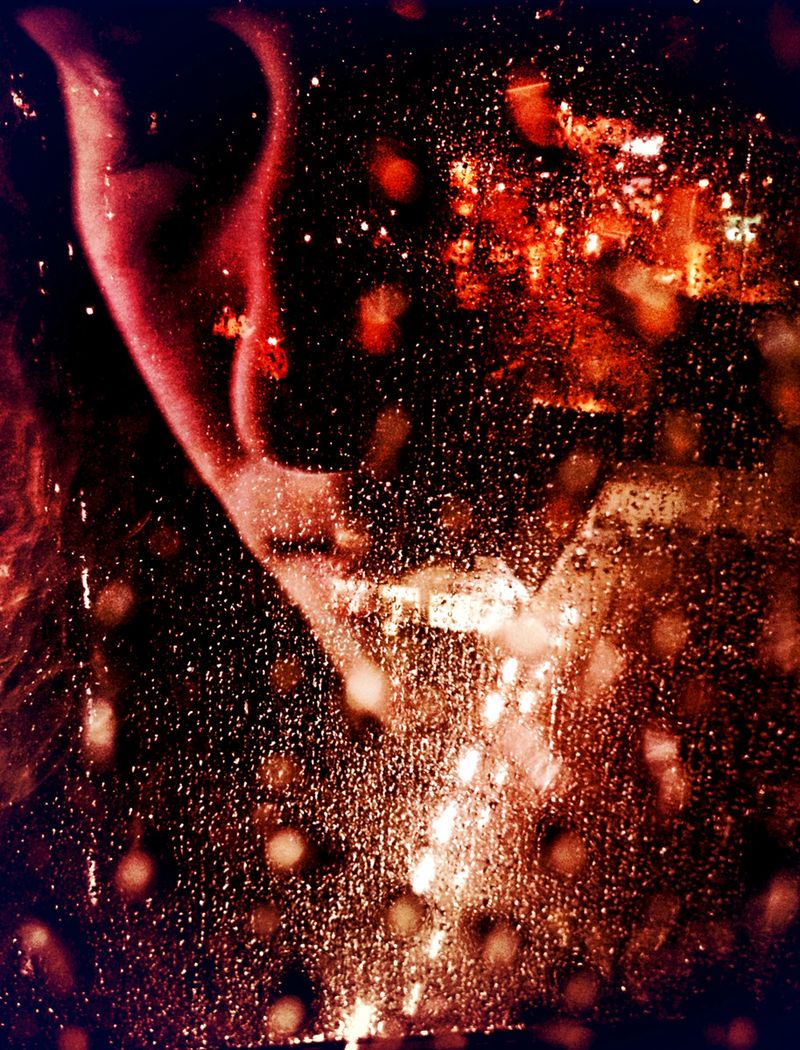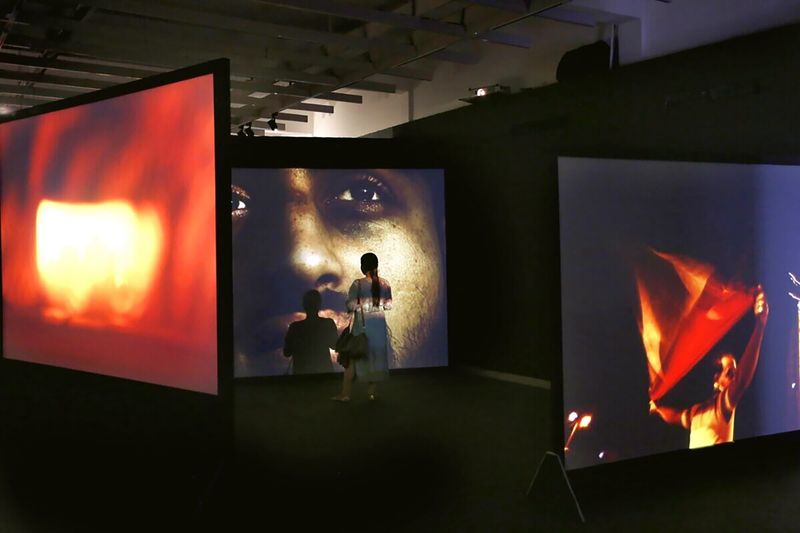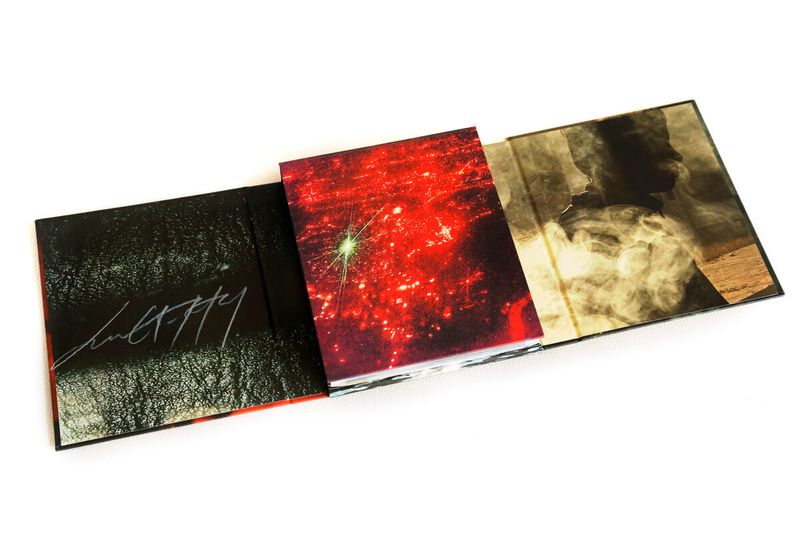Laura El-Tantawy Introduces The 2nd Edition of Criticae PhMuseum Masterclass on Documentary Photography
-
Published12 May 2022
-
Author
After a very successful first edition led by Max Pinckers that saw 12 international participants having had the opportunity to expand their research methods, develop their documentary work and develop new connections we are glad to present the 2022 intake for Criticae. This year, Egyptian photographer Laura El-Tantawy will guide the new group positioning a particular focus on expanding stories and ideas as a tool for critical meditation on the world and the self. We spoke with Laura to have a better idea of what to expect in this exciting new program that over the course of 8 months will integrate theoretical and practical inputs.
Ciao Laura, what is your photographic vision and how does teaching find a place within it? Do you consider teaching a part of your role as a practitioner?
Teaching offers a trustful space and an opportunity to share experiences and open up about issues that perhaps we don’t have other platforms to discuss. It’s about giving as much as it is about receiving. I am inspired and challenged by participants as much as they are challenged and inspired by what I am offering. I believe teaching is an important part of my practice and growth as an artist.
Can you tell us about your documentary approach to personal stories?
I’m always drawn to stories that touch a nerve with me on a personal level — it provokes a feeling, a curiosity or a question. This is usually the starting place and then it’s about conceptualising an idea around it. Asking myself what is it that is making me feel this way — the answer for me always has to do with my own history — something in my own narrative, family background or memories. From there it’s really about starting. Beginnings are the biggest step and the most difficult. Endings are difficult too, but usually, because I’ve been so intensely dedicated to the issue and it’s difficult knowing when or how I will let go and move onto another stage of the life of the work, which is typically a book.
Which methodology will you employ for the PhMuseum Masterclass? How do you adapt your methodology depending on the photographer/project you will be working with?
I like to present participants with lots of ideas — to shake them up and open up the creative space beyond their own comfort. I also like to tell them that storytelling is complex and it’s about more than the photographs — words, sound, video, music. There are so many layers to storytelling that allow us to narrate and immerse viewers. It’s also about commitment. Personalising the experience has a lot to do with what I’m offering as much as it is about the participants’ will to engage and be ready for a challenge that is at times uncomfortable because they are exploring spaces they may not have previously considered. I believe this is why someone should attend a programme like this — to move their work forward and get introduced to new ideas and processes. I also look at each participant's experience, work and where they are generally in their work. This allows me to give each person the kind of references and support they need.
What new participants can expect from this educational opportunity? How do you envision the online sessions to develop?
I tried to curate a programme that is as much about the participant’s ongoing/newly formulated projects as it is about conceptualising the work in the future — how do you bring it into a book, how do you edit it, how do you present your work to a gallery or a commercial space … these are all areas that need to be understood and discussed early rather than late in the journey of the artist and the work. So participants can expect more than just me — I will be joined by the best in book design, the best in gallery consultation, top editors and gallerists…it’s really a full round-up of their work.
What will a good candidate need to have to be part of the final group?
A good candidate will know what they want to get out of this opportunity, they will be open to new ideas, and will be patient — time is an ally in this 8-month programme. A good candidate will also be open to participating and give ideas as much as receive them — the programme is led by me but I’m excited to hear from the participants as much as they are from me.
The new edition of the Masterclass will begin in June 2022 and run until February 2023. Submitting your work is completely free of charge, once you send your application the PhMuseum team will review your submission, if the candidature is accepted we will guide you through the enrollment process. If you apply by 12 May you can be eligible for the Early Bird Fee, we generally receive around 90 applications, so your motivations and attention behind the candidature are important criteria to select the eventual participants. There are limited seats available for this program so we recommend you don't wait until the last day to present your candidature. Discover more on the program and apply on the dedicated page. We look forward to working with you, good luck!
-----
APPLICATION KEY DATES
12 May - If you apply by this date you can be eligible for the Early Bird Fee of €1,600.
26 May - If you apply by this date you can join the program by paying the Regular Fee of €1,850.
------
Criticae Online Documentary Photography Masterclass is part of PhMuseum´s educational program. As photography and its language constantly evolve, our programs offer you a comprehensive set of resources to improve your skillset, connect with international experts, and stay updated with the latest trends and opportunities. We propose a wide range of educational opportunities, from portfolio reviews to long term Masterclasses, feel free to reach out anytime at info@phmuseum.com or check out which program suits you best at phmuseum.com/education
